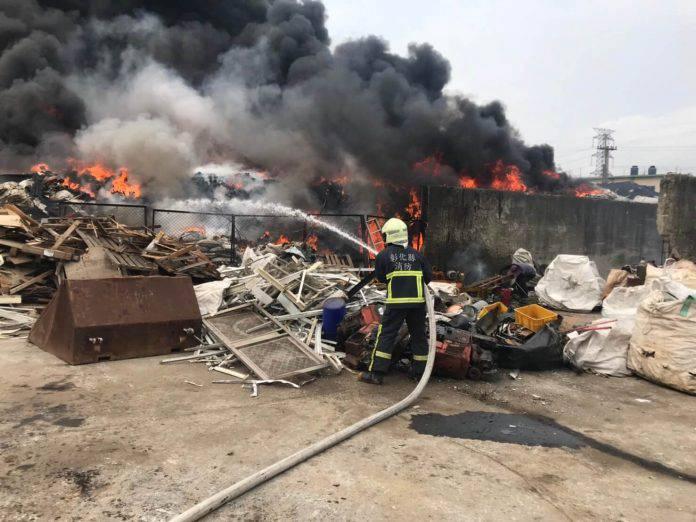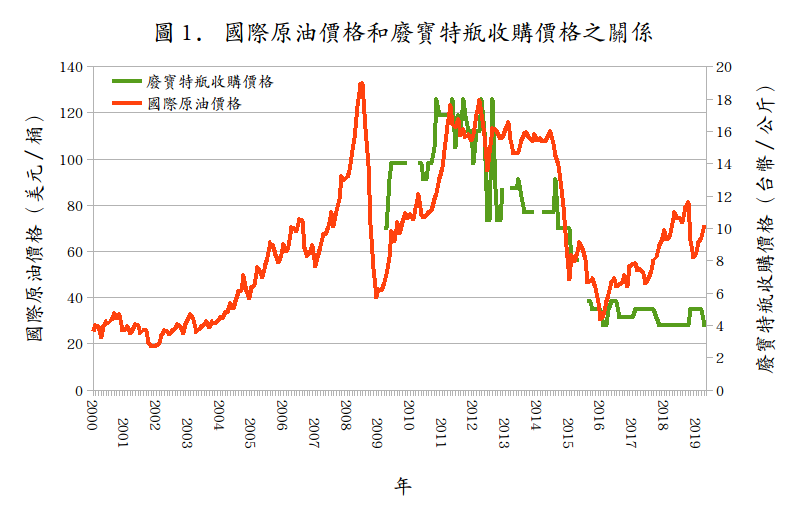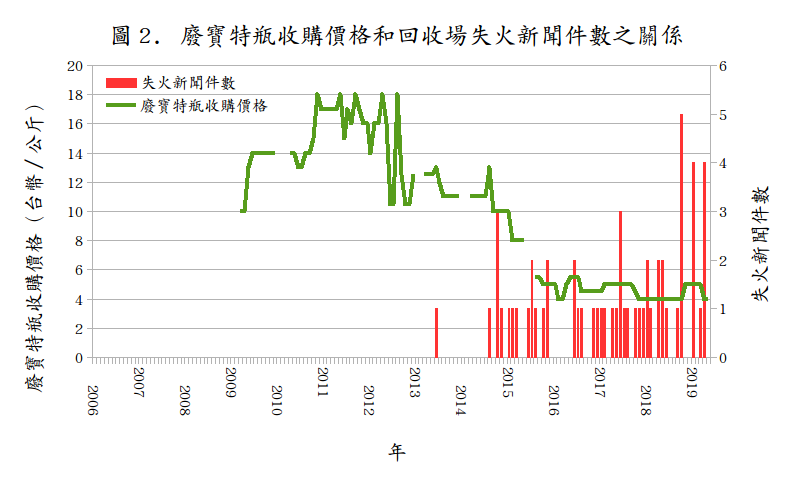As the Trump administration prepares to roll back emission standards for light-duty cars and trucks, a consortium of four automakers and the state of California have agreed on a voluntary framework to reduce emissions as an alternative path forward for clean vehicle standards nationwide.
Automakers who agreed to the framework are Ford, Honda, BMW of North America and Volkswagen Group of America.
The framework supports continued annual reductions of vehicle greenhouse gas emissions through the 2026 model year, encourages innovation to accelerate the transition to electric vehicles, and provides industry the certainty needed to make investments and create jobs.
This commitment means that the auto companies party to the voluntary agreement will only sell cars in the United States that meet these standards.
“Few issues are more pressing than climate change, a global threat that endangers our lives and livelihoods. California, a coalition of states, and these automakers are leading the way on smart policies that make the air cleaner and safer for us all,” said California Governor Gavin Newsom.
“I now call on the rest of the auto industry to join us, and for the Trump administration to adopt this pragmatic compromise instead of pursuing its regressive rule change,” Newsome said. “It’s the right thing for our economy, our people and our planet.”
Under the framework, gasoline and diesel cars and light trucks will get cleaner through 2026 at about the same rate as they would under the current program, adopted under the Obama administration.
“This agreement represents a feasible and acceptable path to accomplishing the goals of California and the automobile industry,” said California Air Resources Board Chair Mary Nichols.
“If the White House does not agree, we will move forward with our current standards but work with individual carmakers to implement these principles,” said Nichols. “At the same time, if the current federal vehicle standards proposal is finalized, we will continue to enforce our regulations and pursue legal challenges to the federal rule.”
The agreement comes as the Trump administration is preparing to roll back federal vehicle emission standards, freezing them at the 2020 level through the 2026 model year. This move threatens air quality and health for millions of Americans, would increase costs to consumers, and promises to further set back U.S. efforts to combat climate change, Governor Newsom’s office said in a statement.
The rollback has faced growing opposition from a broad array of governors and mayors, auto companies, labor, consumer groups, public health organizations, and environmental groups.
Earlier this month, a bipartisan coalition of 24 governors representing more than half the U.S. population came together in calling for a stronger, national clean car standard.
In their statement, entitled “The Nation’s Clean Car Promise,” the governors called for a commonsense approach that protects the role of states at the negotiating table and establishes a strong, national standard.
“We must unite to ensure a strong, science-based national standard, in California and across the country, that increases year-over-year, provides certainty for automakers and consumers, reduces greenhouse gases, and protects public health,” the 24 governors said.
The statement is signed not just by the 13 states that follow California’s clean car standards, but by 10 additional states led by both Republican and Democratic governors. Together, this bipartisan coalition represents 57 percent of the U.S. economy and more than half of U.S. annual auto sales.
In June, the California Air Resources Board signed a Memorandum of Understanding with Canada committing both governments to work together on developing their respective regulations to cut emissions from light-duty vehicles, such as those currently in effect in Canada, California and the 13 U.S. states that have adopted California’s standards.
Trump’s proposed rollback threatens to pump billions of tons of climate-altering greenhouse gases, as well as millions of tons of particulate matter and ozone-causing pollutants, into the atmosphere. By the U.S Environmental Protection Agency’s own estimates, health-related costs from the rollback could be as much as $12 billion nationally by 2025.
In a letter last month, 17 worldwide automakers appealed to the White House and California to work together on a single national standard, warning of uncertainty for the auto market and noting that auto industry jobs are at stake.





























































































![[LoliHouse] Princess-Session Orchestra - 15 [WebRip 1080p HEVC-10bit...](http://s2.loli.net/2025/04/09/QO618K72ytGZmDJ.webp)







